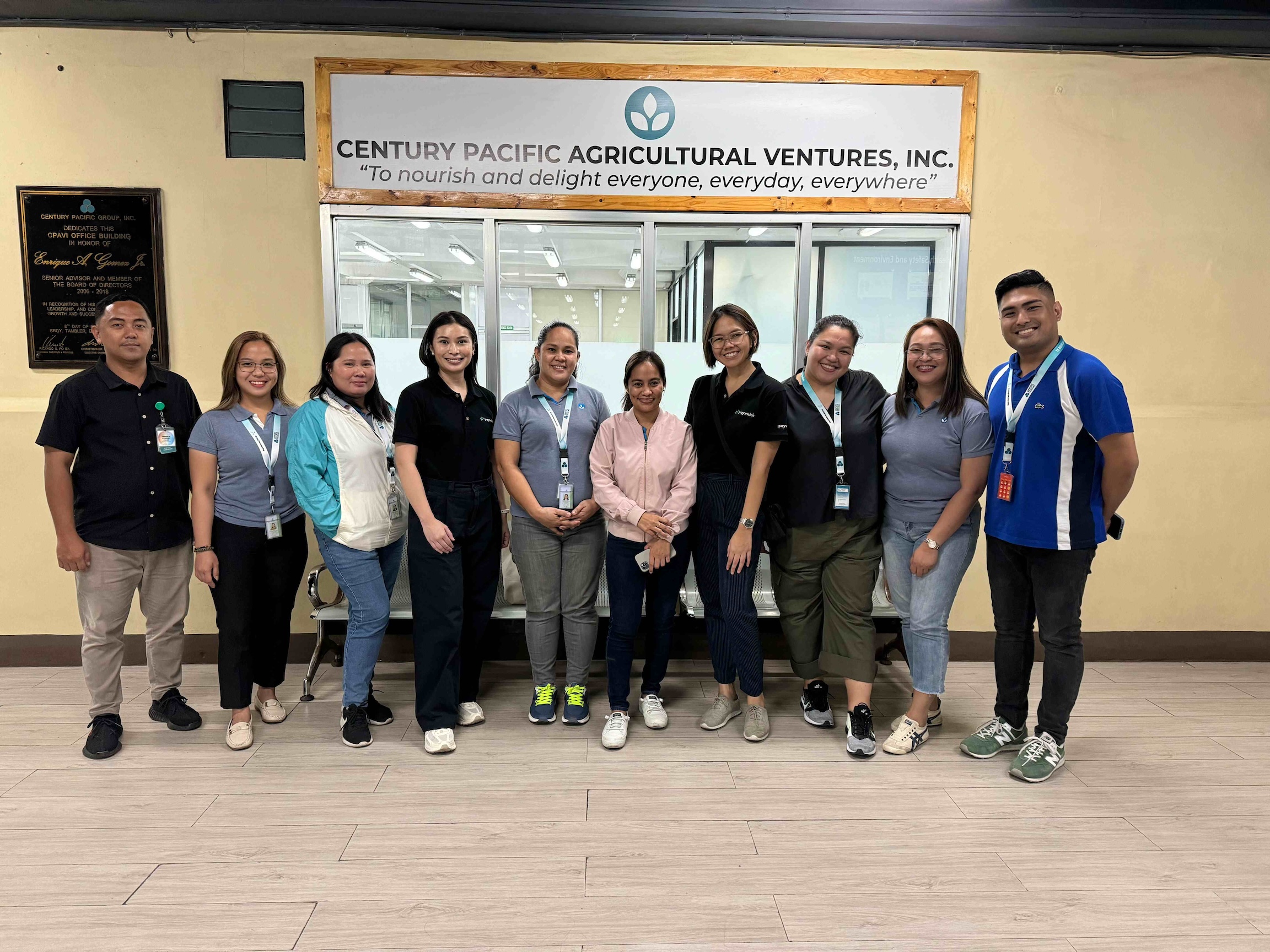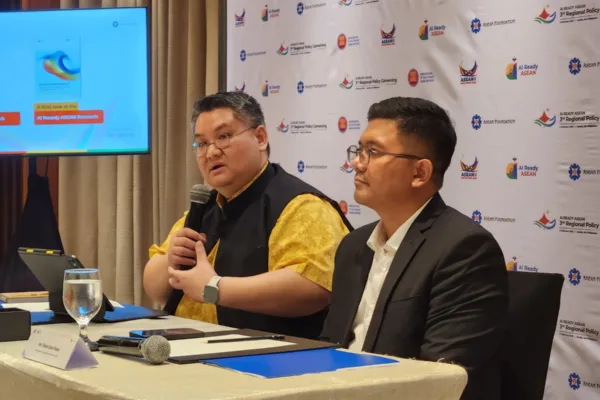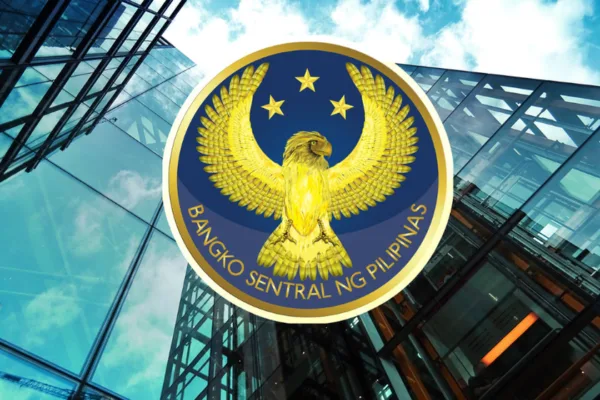Fintech innovator Paywatch has teamed up with Century Pacific Agricultural Ventures Inc. (CPAVI), a key subsidiary of the food industry titan Century Pacific Food Inc., to launch an Earned Wage Access (EWA) program — a significant move that could very well redefine employee benefits in the Philippine corporate landscape.
This strategic partnership also underscores CPAVI’s commitment to fostering the financial well-being of its workforce, marking a progressive step towards sustainable and employee-centric business practices within the nation’s burgeoning fintech scene.

CPAVI, a powerhouse in coconut-based product exports and a vital manufacturing partner for global brands such as Vita Coco, has long championed quality and sustainability. Now, it extends this commitment to its most valuable asset: its people.
The integration of Paywatch’s EWA solution provides employees with a smart, responsible financial tool designed to meet their evolving needs, offering a stark contrast to traditional, often burdensome, lending options.
Paywatch to offer paradigm shift from predatory lending to empowered access
“We chose to partner with Paywatch because it offers a far better option than taking out short-term loans with interest,” explained Noel Tempongko Jr., Vice President and General Manager at Century Pacific Agricultural Ventures.
“It lets our employees access a portion of their already-earned salary before payday. This empowers our team with financial flexibility and autonomy, with only a flat nominal fee per transaction, without the burden of added fees or long-term obligations. It’s a tool that helps our employees manage urgent needs — on their own terms,” he further stated.

This initiative by CPAVI directly addresses a pervasive issue in financial wellness: the reliance on high-interest loans for immediate liquidity. Traditional loan products can quickly trap individuals in cycles of debt due to escalating interest rates and extended repayment schedules.
Paywatch’s EWA offers an interest-free alternative, with automatic settlement each pay cycle, ensuring that access remains sustainable and preventing employees from falling into unnecessary debt.
The partnership positions CPAVI among a growing cohort of Philippine companies embracing Earned Wage Access as a forward-thinking employee benefit. EWA is more than just an early payout; it’s a tool for empowerment, fostering self-reliance and financial dignity. By providing employees control over their earned wages, companies can significantly boost workplace satisfaction, improve retention rates, and enhance overall engagement.
Tangible impact: Reducing stress and boosting financial health

The measurable impact of EWA on employee well-being is substantial.
A recent independent study, supported by the UN International Labour Organization (ILO) and conducted by 60 Decibels, revealed compelling statistics: 80% of EWA users reported an improved quality of life, 57% experienced less financial stress, and 76% gained better control over their finances.
These figures underscore the profound and positive real-world effects of EWA on financial health.
Paywatch is not merely a transaction platform; it’s a catalyst for positive financial behavior. Insights from a survey of over 6,000 Paywatch users indicate that the funds are predominantly used for essential needs like food, transportation, and utilities. This highlights EWA’s practical value in addressing short-term liquidity challenges and preventing the need for more costly financial alternatives.

“Our mission is to provide fair financial access and decrease household debt by preventing unnecessary borrowing,” stated Rowell del Fierro, Country Manager for Paywatch Philippines. “We are committed to helping employees build long-term financial wellness through practical, tech-enabled solutions that enhance financial confidence and support lasting workforce engagement.”
This collaboration between CPAVI and Paywatch marks a significant milestone in the convergence of corporate responsibility and financial technology in the Philippines.
It signals a growing recognition among leading companies that employee financial well-being is not just a moral imperative, but a strategic advantage, paving the way for a more financially secure and productive workforce nationwide.








